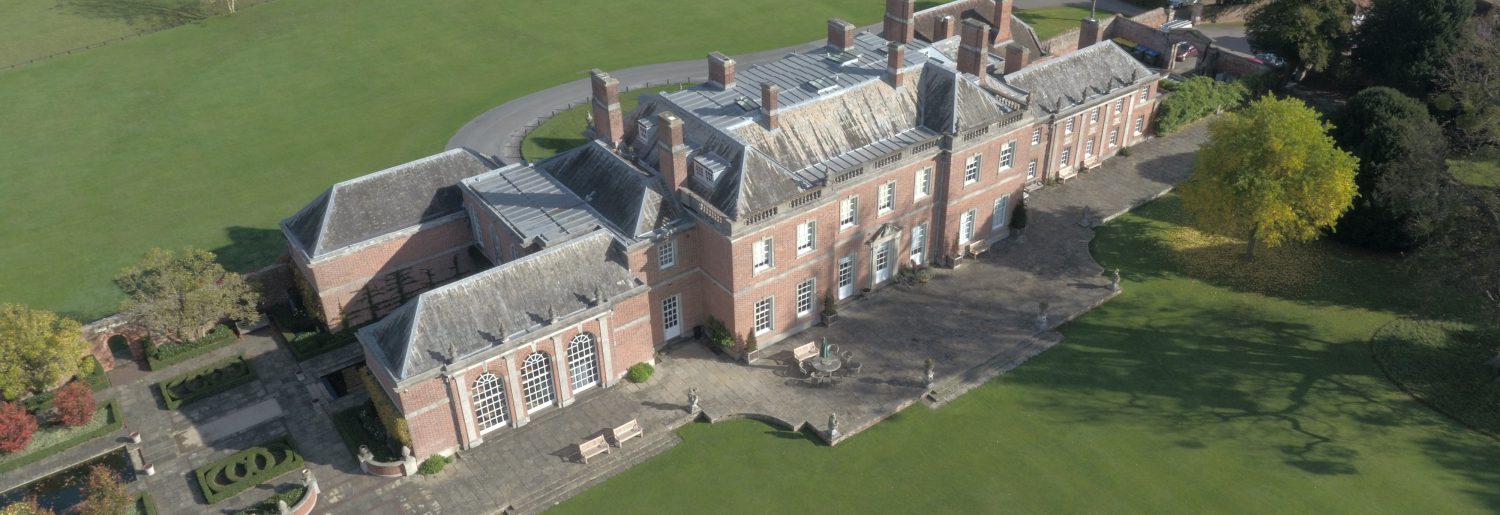Fellowship Dispensing Diploma - Year Two
Overview
Duration
This is Year 2 of the 3 year course
Assessment methods
Students must submit and pass all formative weekly assignments (pass mark = 40%) in order to gain entry into the external ABDO professional exams. Formal assessment is then carried out via these examinations.
Course requirements
Students are required to be working in practice for a minimum of 30 hours per week under a GOC registered supervisor (Practice Education Lead and/or Practice Task Supervisors). Students must apply to the GOC for student membership and retain this registration, along with complying with all relevant GOC regulations throughout their studies. Students must also be ABDO members for the duration of their study - this includes ensuring that all patients are made aware of their student status. The distance learning element of the course requires some essential textbooks. The booklist is available at the bottom of this page as well as the prices and order form for ABDO College Bookshop. Teaching materials are paperless - IT requirements are listed below.
Application Deadline
28/07/2024
Course start date
13/08/2024
Entry requirements
Acceptance to the second year of the Diploma is conditional on passing your at least one of the 1st year theory exams (Optics or Ophthalmic Lenses). Students can also apply for the 2nd year of the course by completing an approved program and said theory exams from a different institution.
Structure
Students study via 'blended learning'. This refers to a combination of distance learning, teaching at the College as well as learning in practice. Students complete 32 weekly distance learning assignments (all online) and attend the College in Godmersham, Kent, for 2 residential blocks, each lasting 1 week, per academic year. Students also complete in practice tasks to re-enforce and demonstrate the skills learnt
Cost
Year 2 = £4625 (exams are not included. Assessments are booked through ABDO Examinations and Registry directly).
Details
Entrance is dependant on success in the ABDO’s Unit 1 and 2 Thory Examinations. Students wishing to join this course having studied the first year with a different institution should first contact ABDO in writing to gain exemption from the 1st year.
The second year course incorporates 32 weeks of coursework with 2 weeks’ block release.
ABDO College does have a small amount of student accommodation. This is booked on a first come, first served basis and applicants can apply to stay at this location as part of the application process. It is the responsibility of the student to ensure that they have suitable accommodation arranged for their block release periods
Students must continue to work in practice as a trainee Dispensing Opticians under the supervision of a suitably qualified and registered professional for a minimum of 30 hours per week. A practical training timetable will be supplied each year to guide students and their Practice Education Lead (PEL) through the practice based learning element of the course.
The dispensing courses are periodically reviewed by the General Optical Council (GOC) who have recorded their approval of the College as a recognised training institution in accordance with the Optician’s Act.
Employer Involvement
It is a requirement of the course to be working in a dispensing practice, for a minimum of 30 hours
per week, while undertaking the Fellowship Dispensing Diploma course. This must be under the
supervision of a suitably qualified person, in an environment that will provide them with opportunities
to meet the GOC competencies and expectations for practical experience. This may require a
change in working patterns in the practice to ensure that there are frequent, regular progress
reviews between the PEL and the student.
Trainees will be out of practice for a minimum of two weeks each academic year to attend block
release sessions at ABDO College and will also require extra support and time out of practice for
examinations. In addition to this, employers need to make time available for the trainee and
PEL to spend time together in practice for the training and assessment of practical skills and
for pastoral support and guidance.
Submission of assignments and continuous assessment
All students should be aware that if their work is submitted late, reduced or no marks will be
allocated in line with the ABDO College Late Submission Policy. Students unable to achieve course schedules will be withdrawn with no refund.
There are 32 weekly assignments to complete. The pass mark for each assignment is 40%.
In order for students to be eligible to sit ABDO theory and practical examinations, 100% of
assignments need to be submitted on time and, gain an average mark of 40% or more in each topic.
Block release course studies
All ABDO College students in the UK and the Republic of Ireland are required to attend ABDO
College for two separate weeks’ study each academic year, as instructed by the GOC. Failure to
attend for your blocks will result in removal from the course. Dates of these periods of block release are provided with your course confirmation after application.
Learning materials and IT requirements
The FBDO programme uses a paperless system in order to work alongside ABDO College’s commitment to sustainability. Therefore, all handouts and block materials are made available to all students at the beginning of the academic year through the Virtual Learning Environment. We encourage all students to attend block release with IT equipment to use for note taking. To facilitate this, power sources are available in all relevant classrooms and all block materials are fully editable, meaning students can make notes in a way that suits them. Should students prefer to make handwritten notes, they are required to print their materials ahead of block release and bring them along.
All examinations are run by ABDO Exams and Registration. Theory exams will be online. Students will need access to a PC, a stable internet connection, a webcam and a mic.
Advice from ABDO Exams regarding the computer setup to run the assessment system is below:
- Laptop / computer with 4GB of available memory. The app will not work on phones, chrome books, or iPads/tablets. We cannot guarantee service on touchscreen devices as some devices might be incompatible with the app. We recommend that candidates source a non-touchscreen device for their exams.
- A Windows v7.0+ or Mac10.10+ operating system, and MacOS BigSur users need to upgrade to 11.3+.
- Intel Core i3 (or equivalent).
- A working webcam that can be used to scan the room, microphone and speakers.
- Minimum candidate internet speed of 2 Mbps.
- Recommended screen size of at least 13″ and a resolution of 1024 x 768.







